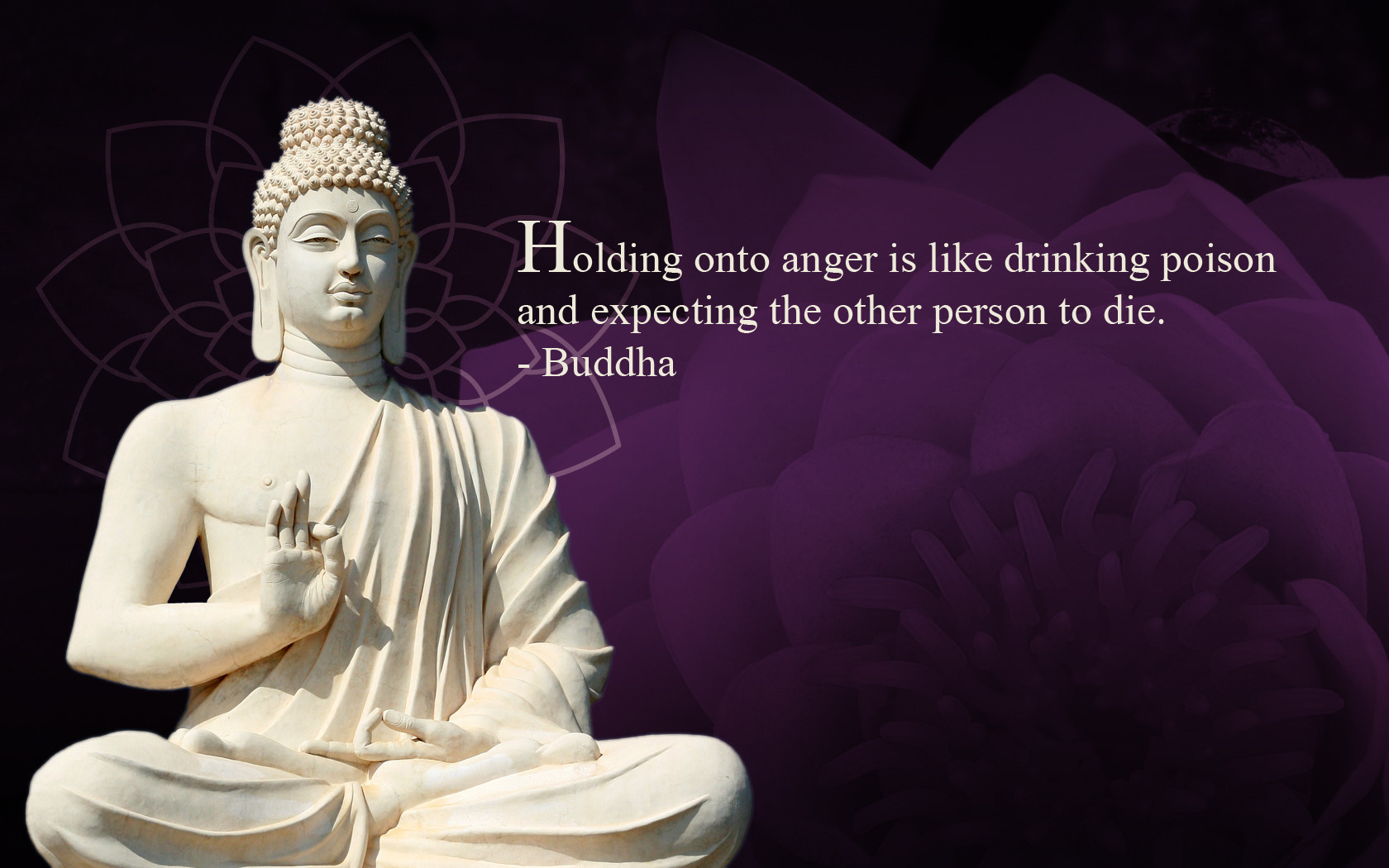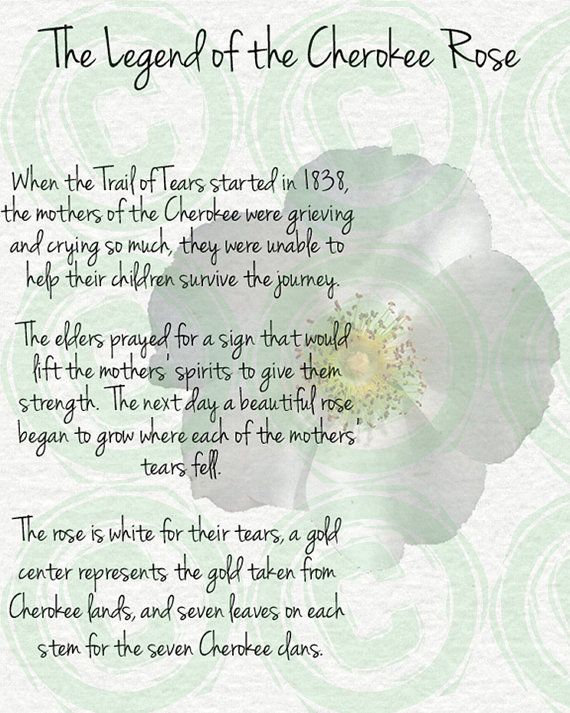

Depending on how you and your community perceive and treat dogs, a dog in a dream can imbue very different meanings. Cultural DifferencesĬultural practices regarding dogs widely differ around the world. As with all dreams, your circumstances will give greater meaning. The "answer" depends on your personal beliefs, experiences, and the content of the dream. There is no one easy answer for what dogs symbolize in your dreams. This practice helps prevent your biases from interfering with your memory. Lastly, we recommend writing down what you remember before attempting to interpret your dream. These seemingly minor details can piece together a more coherent meaning for you. Note any pictures on the walls, smaller creatures and animals, language, numbers, and colors. You should also consider smaller symbols within your dreams. There are many possible meanings behind seeing a dog in your dreams, so try to remember as much as you can about your dream to add greater context.ĭid you see the dog inside or outside? Was it at a distance away from you, or was it close by? Was it malnourished or healthy? Was it a house pet or wild animal? Try to remember as much as you can about the dog, including the environment surrounding you and the animal. The key to dream interpretation is detail. Whatever the reason behind why we dream, the link between experience, emotion, and memory is strong, and dream interpretation may be a way to make sense of what you see after you close your eyes. According to these studies, dreams strip away heightened emotions and consolidate them into memories to protect the mind against stress. Recent studies point toward dreaming as a method of processing emotions and constructing memories. Jung theorized that dreams "do not deceive, they do not lie, they do not distort or disguise…They are invariably seeking to express something that the ego does not know and does not understand." To Jung, a symbol is a tool that the subconscious mind uses to express an otherwise unknown concept.įrom a scientific perspective, there may be something to Freud and Jung's theories. Swiss psychiatrist Carl Jung, on the other hand, argued that dreams aren't a method of disguising our desires but rather a way of communicating them. Secondary Revision– Seemingly bizarre dream elements revised to make sense within the dream world.

Symbolization– Creation of objects that represent the latent content of the dream.Displacement– Confusion of significant and insignificant aspects of a dream.



 0 kommentar(er)
0 kommentar(er)
